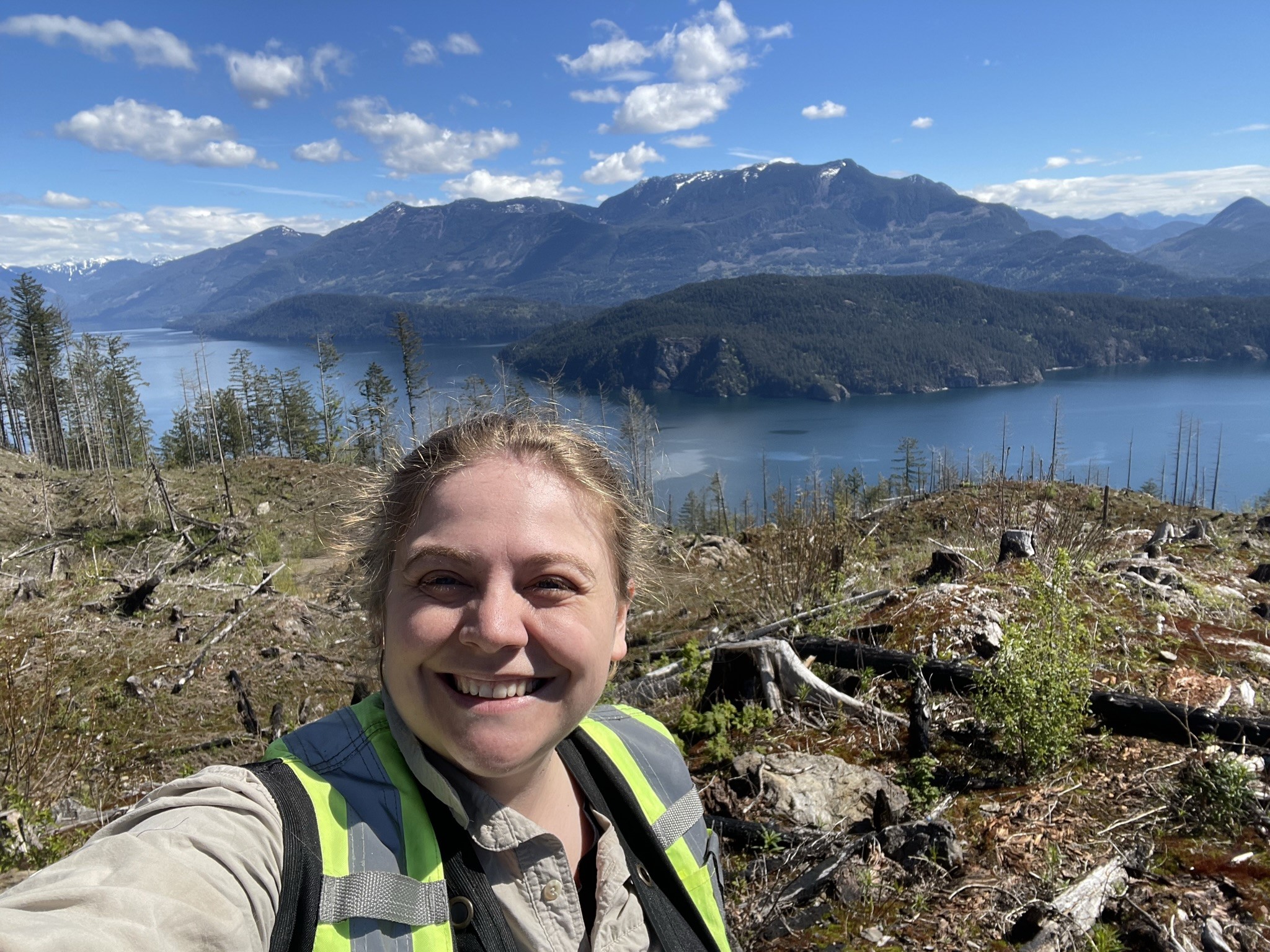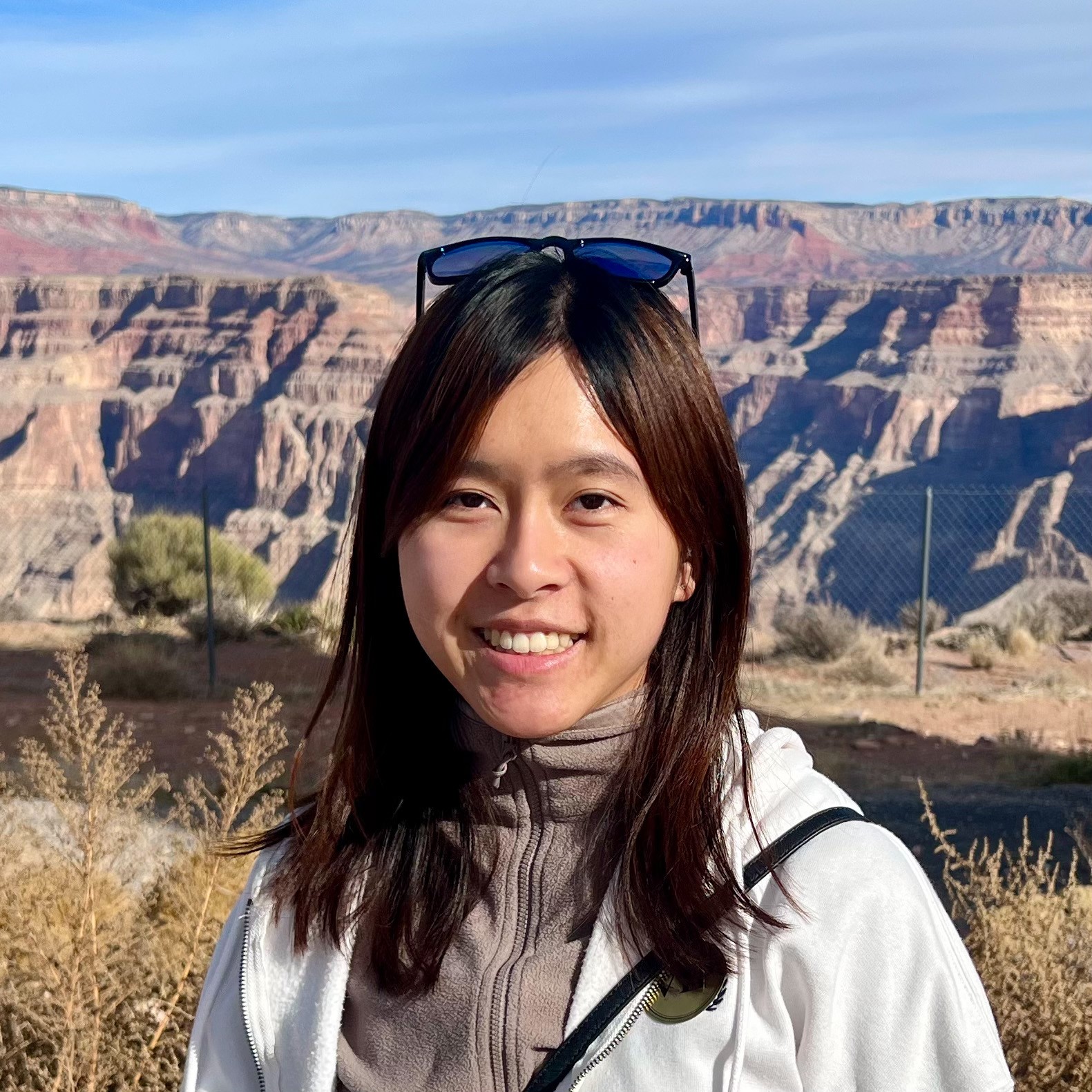Esri Canada congratulates Sustainable Foodies, the winning team of the App Challenge 2025!
App: Nourish Surrey
Hosted in ArcGIS Online:
Mission Statement
In 2015, the United Nations established 17 Sustainable Development Goals to promote “peace and prosperity for people and the planet”. These goals cover multiple domains, from poverty to climate actions and encapsulate a movement in society towards an adaptable and sustainable future. As part of this effort, the Canadian government has committed to the 2030 Agenda for Sustainable Development and has published two reports detailing their progress in implementing these goals. The progress is measured using the Canadian Indicator Framework for Sustainable Development and each goal is subdivided into smaller subcategories which are given a rank in comparison to the 2030 target. Many of the goals are intertwined, relying on complex factors that are difficult to unravel. Underpinning a strong Canadian economy is ensuring that the people that live here can meet their basic needs. After all, if people can’t meet their basic needs, how are they going to innovate and advocate for greater societal change? The second sustainable development goal highlights the need to end hunger across Canada. Stating that “all people in Canada are able to access a sufficient amount of safe, nutritious, and culturally diverse food”. With the rising cost of living, uncertainty of foreign relations, and lasting effects of Covid-19, Canada’s last report on the state of the zero-hunger goal saw a deterioration in the country’s food security. This means that less Canadians have access to food now than in 2015. These effects are not only seen at a federal level, but in researching the local effects of hunger, the results remained similar. In 2024, the City of Surrey, British Columbia released a report detailing their findings from community engagement forums. This report sought to understand how the public felt about a variety of issues and was released in preparation of the City of Surrey’s new Social Development Plan. The report highlights that Surrey citizens are concerned with the affordability of food, the high demand for food banks, and lack of access to nutritious, culturally diverse food options. Citizens also reported that the city should increase access to non-for-profit grocery stores, increase neighbourhood or grassroots food security programs, and work towards destigmatizing accessing food supports. In support of creating an affordable and sustainable future, our team has worked to create an app for the residents of Surrey that will help to address their concerns and identify areas of need across the city. This will help in both the short term, providing residents with critical information to help reduce hunger, and the long term, allowing decision makers to see and download information to help aid in critical decision making. As the Surrey Social Development Plan is still being reworked, this app may have a real impact in lobbying city officials to increase support in areas of need.
Video Presentation
Documentation
Team Members
 Kimberly Neumann: After earning a Bachelor of Arts in English Literature (2015) and a Bachelor of Education in Secondary Education (2018) from the University of British Columbia, I spent several years teaching and case managing at-risk youth. While I found the work meaningful, I ultimately sought a career that was more place-based and connected to the natural world. This led me to pursue further studies in geology and GIS, before I eventually enrolled in the Advanced Diploma in GIS program at BCIT. My goal is to integrate my technical expertise, educational background, and communication skills in a career focused on geology, natural resource management, or education. When I’m not working with spatial data, you can usually find me solving puzzles, playing Dungeons & Dragons, or hanging out with my dog, Theo.
Kimberly Neumann: After earning a Bachelor of Arts in English Literature (2015) and a Bachelor of Education in Secondary Education (2018) from the University of British Columbia, I spent several years teaching and case managing at-risk youth. While I found the work meaningful, I ultimately sought a career that was more place-based and connected to the natural world. This led me to pursue further studies in geology and GIS, before I eventually enrolled in the Advanced Diploma in GIS program at BCIT. My goal is to integrate my technical expertise, educational background, and communication skills in a career focused on geology, natural resource management, or education. When I’m not working with spatial data, you can usually find me solving puzzles, playing Dungeons & Dragons, or hanging out with my dog, Theo.
 Michael Chan: I graduated from the University of British Columbia in 2024 with a Bachelor's degree in Geological Sciences, where I discovered my interest in Geographic Information Systems (GIS). Within GIS, I am interested in geospatial analyses, identifying spatial trends, and understanding spatial relationships. Currently, I am pursuing an Advanced Diploma in GIS at the British Columbia Institute of Technology, where I aim to further develop my knowledge and skills in GIS with the hope of applying this knowledge to address real-world challenges and assist organizations in leveraging GIS. Outside of my professional pursuits, I enjoy playing badminton, hiking, and spending time with friends.
Michael Chan: I graduated from the University of British Columbia in 2024 with a Bachelor's degree in Geological Sciences, where I discovered my interest in Geographic Information Systems (GIS). Within GIS, I am interested in geospatial analyses, identifying spatial trends, and understanding spatial relationships. Currently, I am pursuing an Advanced Diploma in GIS at the British Columbia Institute of Technology, where I aim to further develop my knowledge and skills in GIS with the hope of applying this knowledge to address real-world challenges and assist organizations in leveraging GIS. Outside of my professional pursuits, I enjoy playing badminton, hiking, and spending time with friends.
 Sammi Lo: I am currently pursuing an Advanced Diploma in GIS at BCIT. I graduated from the University of British Columbia in 2024 with a Bachelor of Arts degree in Geography (Environment & Sustainability) and a minor in GIS. During my degree, I developed a strong interest in GIS, which led me to advance my technical skills at BCIT. My GIS interests lie in cartography and web mapping, particularly in their applications to urban planning. I wish to work with local governments and organizations to address critical urban issues, such as affordable housing, accessibility to green space, and public transportation. Besides GIS, I enjoy crocheting, going to cafes, and bouldering.
Sammi Lo: I am currently pursuing an Advanced Diploma in GIS at BCIT. I graduated from the University of British Columbia in 2024 with a Bachelor of Arts degree in Geography (Environment & Sustainability) and a minor in GIS. During my degree, I developed a strong interest in GIS, which led me to advance my technical skills at BCIT. My GIS interests lie in cartography and web mapping, particularly in their applications to urban planning. I wish to work with local governments and organizations to address critical urban issues, such as affordable housing, accessibility to green space, and public transportation. Besides GIS, I enjoy crocheting, going to cafes, and bouldering.